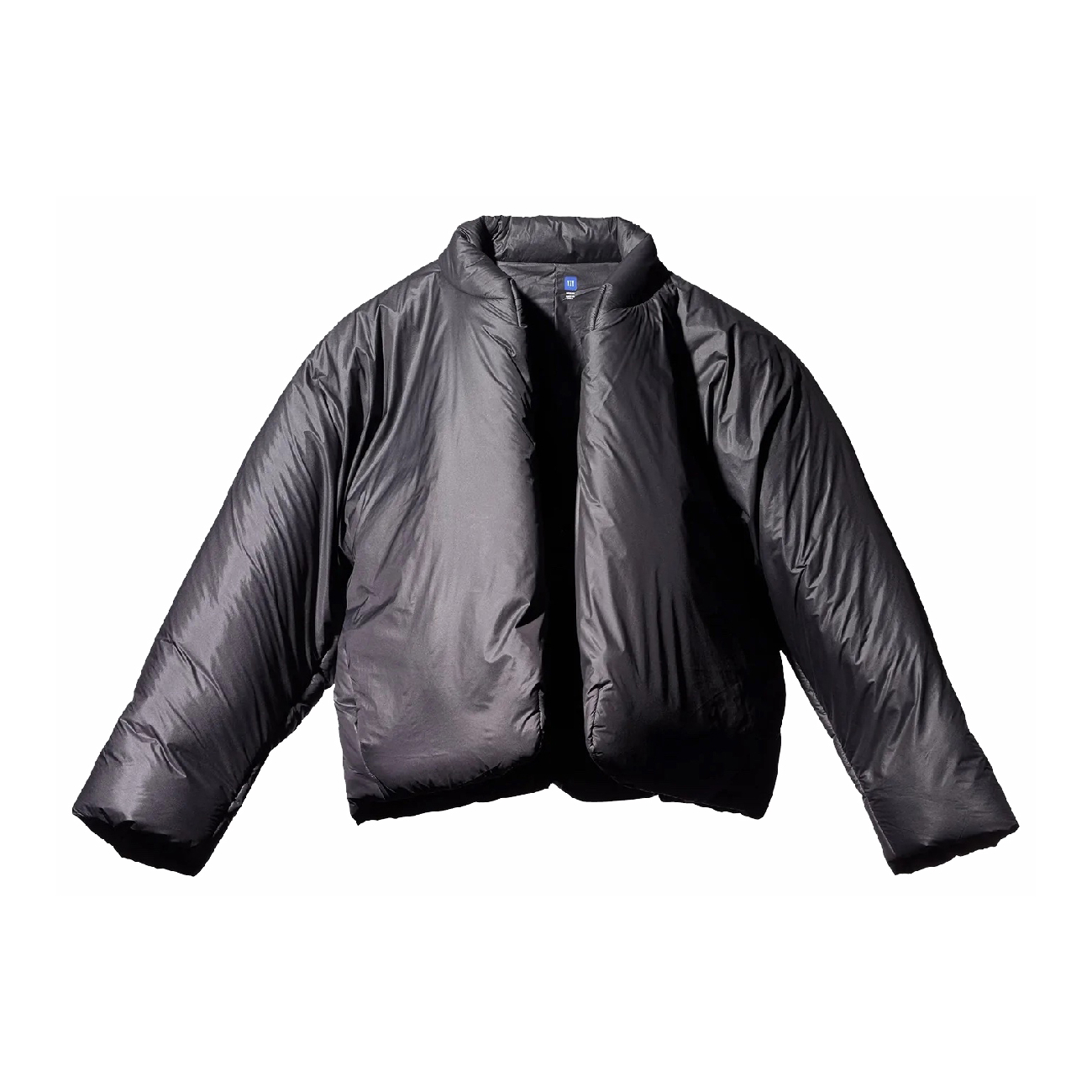In skincare, vitamin C is a superpower known for its ability to protect, brighten, and renew the skin. Its ability to delay the telltale symptoms of aging is among its most highly praised advantages. This article explores the benefits, mechanisms of action, and application of vitamin C serum in skincare routines to help fight the signs of aging.
Knowing About Vitamin C
Ascorbic acid, another name for vitamin C, is a water-soluble vitamin necessary for several body processes. It is essential to manufacture collagen, which is required to preserve the firmness and flexibility of the skin.
The production of collagen, a protein that gives the skin structural structure, decreases typically as we age. Vitamin C can help lessen the symptoms of aging by promoting the formation of collagen.
Vitamin C’s Scientific Basis for Anti-Aging
1. Synthesis of Collagen
Vitamin C’s leading role in skin care is promoting collagen formation. Collagen is essential for skin to remain firm and elastic. Collagen production declines with aging, resulting in drooping skin and wrinkles. Vitamin C reduces the appearance of fine lines and wrinkles by stabilizing and improving collagen formation.
2. Defense Against Oxidants
Being a potent antioxidant, vitamin C aids in the elimination of free radicals, which are unstable chemicals that can cause harm to skin cells and hasten the aging process.
Environmental pollution, smoking, and UV exposure can produce free radicals. Vitamin C helps shield the skin from oxidative stress, which can hasten the skin’s aging process by scavenging these free radicals.
3. Evening Out and Brightening Skin Tone
Uneven skin tone is one of the apparent symptoms of aging and can be brought on by age spots, UV damage, and hyperpigmentation. Tyrosinase is an enzyme involved in melanin synthesis, and vitamin C inhibits it. Vitamin C can help brighten dark spots and general skin tone by lowering melanin synthesis, making the skin appear younger.
4. Improved Skin Restoration
Because it encourages the regeneration of damaged skin cells, vitamin C also helps with skin restoration. This rejuvenating impact enhances the texture of the skin and lessens the visibility of imperfections and scars. The capacity to repair and regenerate skin cells may be attributed to a more youthful and vibrant complexion.
5. Decreased Inflammation
One primary reason for skin aging is inflammation. Vitamin C’s anti-inflammatory qualities can help lower irritation, swelling, and redness. Vitamin C can help create a smoother, more even skin tone by soothing the skin and lowering irritation.
6. Enhanced Hydration
Vitamin C can also affect how hydrated the skin is. Although vitamin C does not act as a moisturizer, it does promote the skin’s natural moisture by improving the skin barrier’s ability to function. A good skin barrier is essential to keeping the skin hydrated and stopping transepidermal water loss, which can cause dryness and early aging.
7. Sun Damage Restoration
Regular exposure to ultraviolet light can result in sun damage, which shows up as wrinkles, age spots, and a decrease in the skin’s suppleness.
Vitamin C aids in the repair of UV-induced damage by reducing inflammation and neutralizing free radicals. Additionally, it strengthens the skin’s resistance to solar damage and promotes general skin resilience.
Adding Vitamin C Serum to Your Daily Skincare Practice
It’s critical to consume vitamin C carefully to optimize its anti-aging properties. The following advice can help you include vitamin C serum in your beauty regimen:
1. Select the Appropriate Level of Focus
Serums are available in different concentrations, usually between 10% and 20%. Greater concentrations can be more irritating, especially for sensitive skin, but they can also have more powerful benefits. As your skin develops tolerance, it’s usually advisable to start with a lesser dose and gradually raise it.
2. Use on dry, clean skin.
Apply vitamin C serum to clean, dry skin for best absorption. Pat your skin dry with a gentle touch after cleansing it, and then apply the serum. This makes the serum more likely to absorb well and provide its intended effects.
3. Combine with Additional Skincare Items
Vitamin C serum can be used in conjunction with other skincare products to maximize its benefits.
For instance, it complements sunscreen nicely since it offers an extra layer of protection against UV rays, while Vitamin C helps shield the skin from them. Vitamin C can also be used on moisturizers to help the skin’s barrier function and seal in moisture.
4. Store correctly
Due to its sensitivity to air and light, vitamin C can deteriorate over time. To preserve its potency, ensure the bottle is securely closed and store the serum in a dark location. Specific serums are packaged in dark-colored or opaque vials to protect the medication from light exposure.
5. Mix with Additional Active Substances
Vitamin C works well when paired with other active components like retinol, which encourages cell turnover, or hyaluronic acid, which improves hydration. To avoid possible irritation and give your skin time to react, combine active ingredients gradually into your routine.
Possible Adverse Reactions and Pointers
Although most people tolerate vitamin C well, some may have modest side effects such as dryness, irritation, or redness.
Start with a lower dose and do a patch test before using the serum all over your face to reduce the chance of irritation. Before adding vitamin C to your regimen, see a dermatologist if you have sensitive skin or are prone to allergic reactions.
To read more blog: How Vitamin C Serum Protects Your Skin From Environmental Damage
Final Thoughts
Numerous advantages of vitamin C serum can help to delay the onset of visible indications of aging.
Vitamin C contributes to maintaining a youthful and luminous complexion by promoting collagen formation, offering antioxidant protection, brightening the skin, increasing repair processes, reducing inflammation, improving hydration, and mending sun damage.
When used correctly, serum can be a valuable supplement to other skincare procedures in your anti-aging routine.




